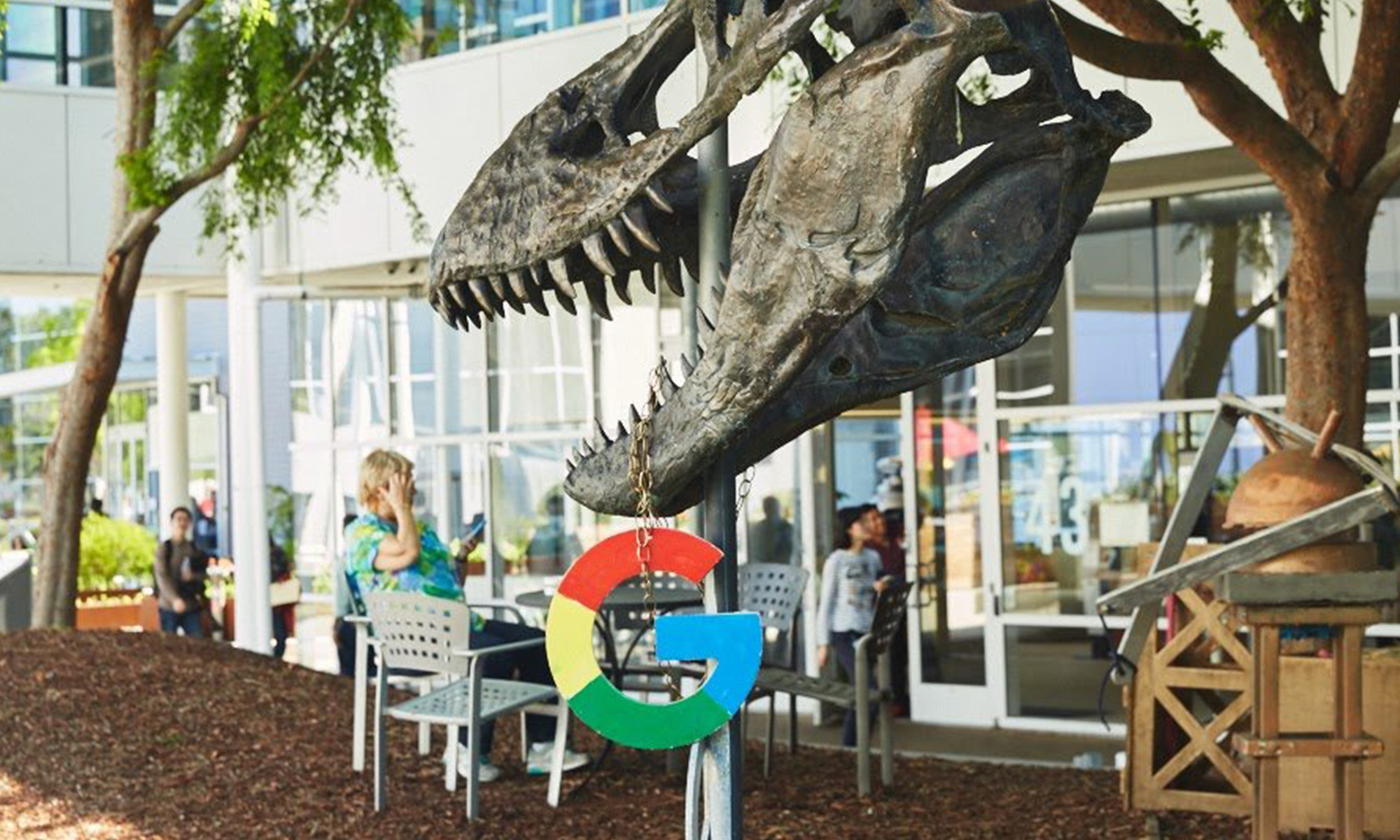Over the summer when Google (GOOG +1.23%) expanded its Nexus lineup (before this week's new announcements), the brand consisted of three devices at the time: the Galaxy Nexus, Nexus 7, and Nexus Q.
The Galaxy Nexus was the Samsung-built Android flagship smartphone at the time, and the Nexus 7 was an impressive tablet threat to Amazon.com's (AMZN +1.72%) first-generation Kindle Fire. The Nexus Q, however, was a travesty from the get-go.

Source: Google.
I was immediately skeptical of the device, due to its limited functionalities and high price point of $300. That puts it at three times the cost of a competing Apple (AAPL 1.26%) TV, and six times the asking price of an entry-level Roku. The "audiophile-grade amplifier" wasn't likely to appeal to the average consumer, which was undoubtedly a large contributing factor to the hefty price point. Early reviewers almost universally agreed that the Nexus Q was a huge mistake.
To Google's credit, it quickly took the criticism to heart and postponed the device's launch in late July, saying it was delayed so Google could improve it. In an act of good faith, the search giant was even kind enough to send out free units to customers who pre-ordered the device. Might as well clear out that inventory before it needs to be written down and score some good will among early adopters while you're at it, I suppose.
With the announcement of three new Nexus devices this week, the Nexus 4 smartphone, updated Nexus 7 tablet, and new Nexus 10 tablet, Google has quietly removed the Nexus Q from its main Nexus page. It also remains unavailable for sale in its Google Play store, so it would seem the Nexus Q experiment has ended before it began.
Google simply told Engadget: "We don't have anything to share at this time." Perhaps the device will reemerge months from now shedding superfluous features at a lower price point. Farewell for now, Nexus Q. We hardly knew ... wait, we didn't know you at all.








